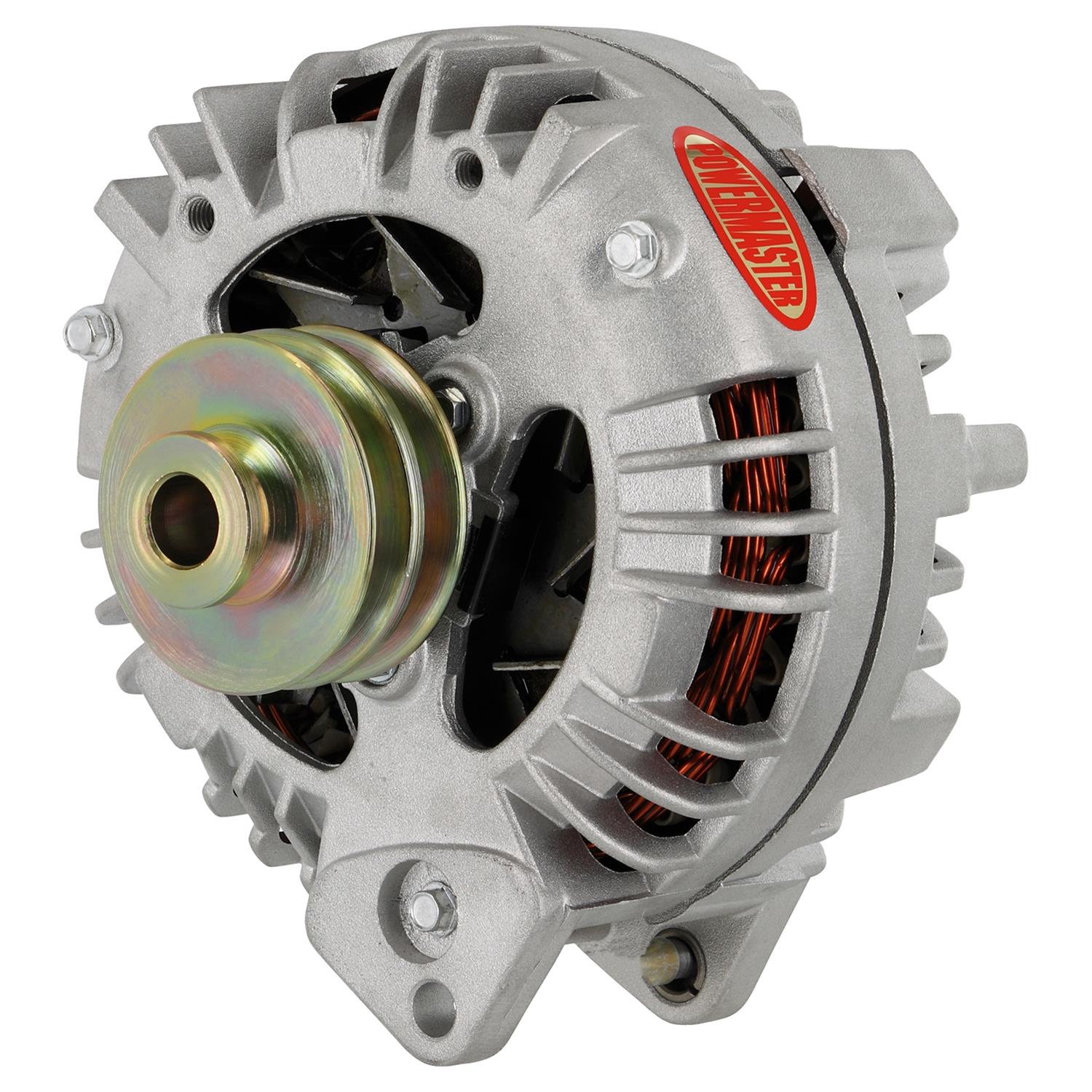Newbomb Turk
Well-Known Member
You saw Tuner's post about modifying the weights. I haven't tried it. Be interested in what you did and what you find. I haven't put in the time and effort to figure the details of what is needed to change the ceter of mass and geometry to come closer to compensate for the force increasing exponentially with rpm.
At this point I’m just trying to get weight off the weights to slow everything down.
I’m not a big fan of running barn door springs to control the weights.
Once I get to the point I have the weights light enough I’ll start playing with weight shaping and geometry.
I also want to make a fixture to machine Chrysler weights. Then I can really start working with those too.

















